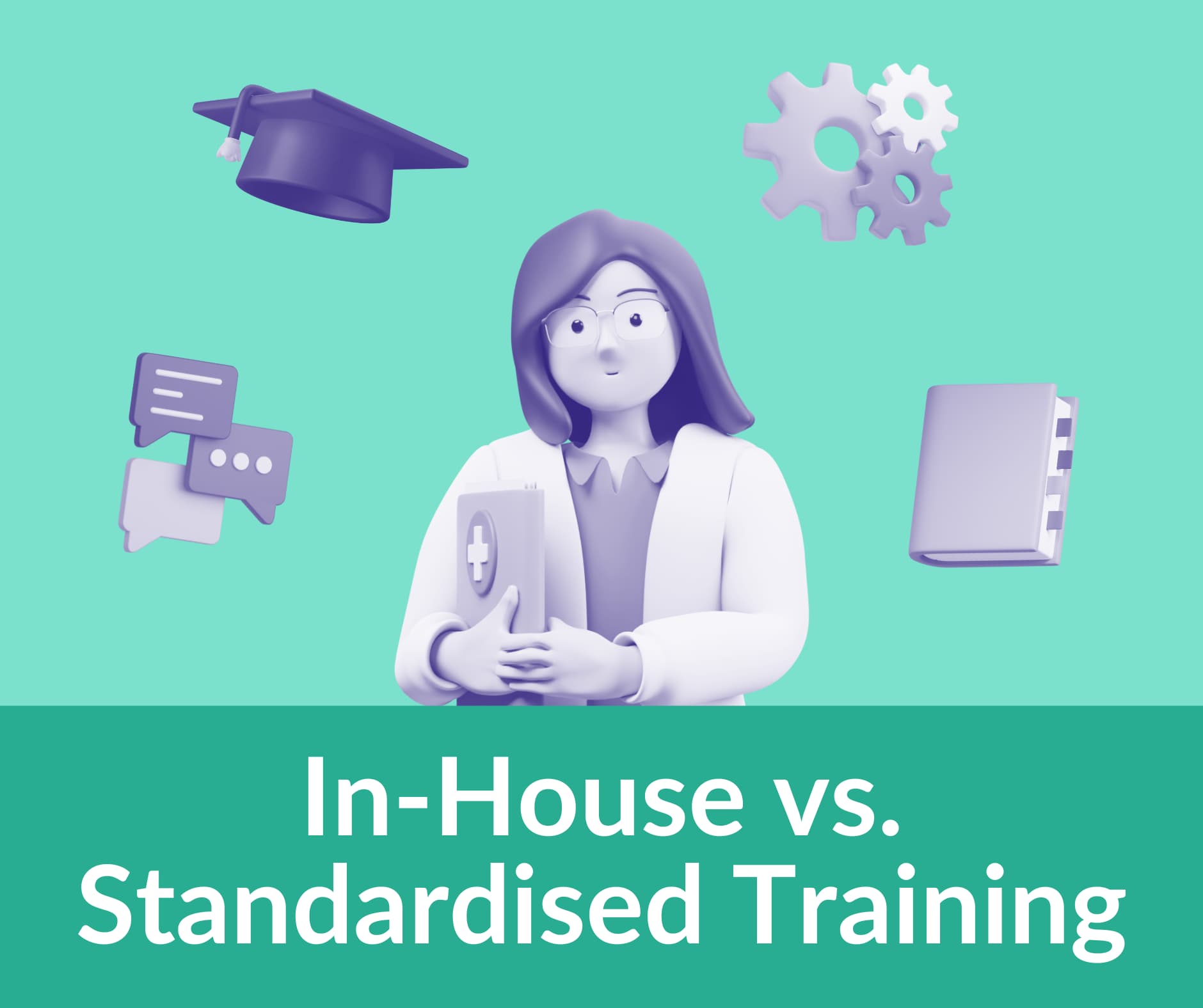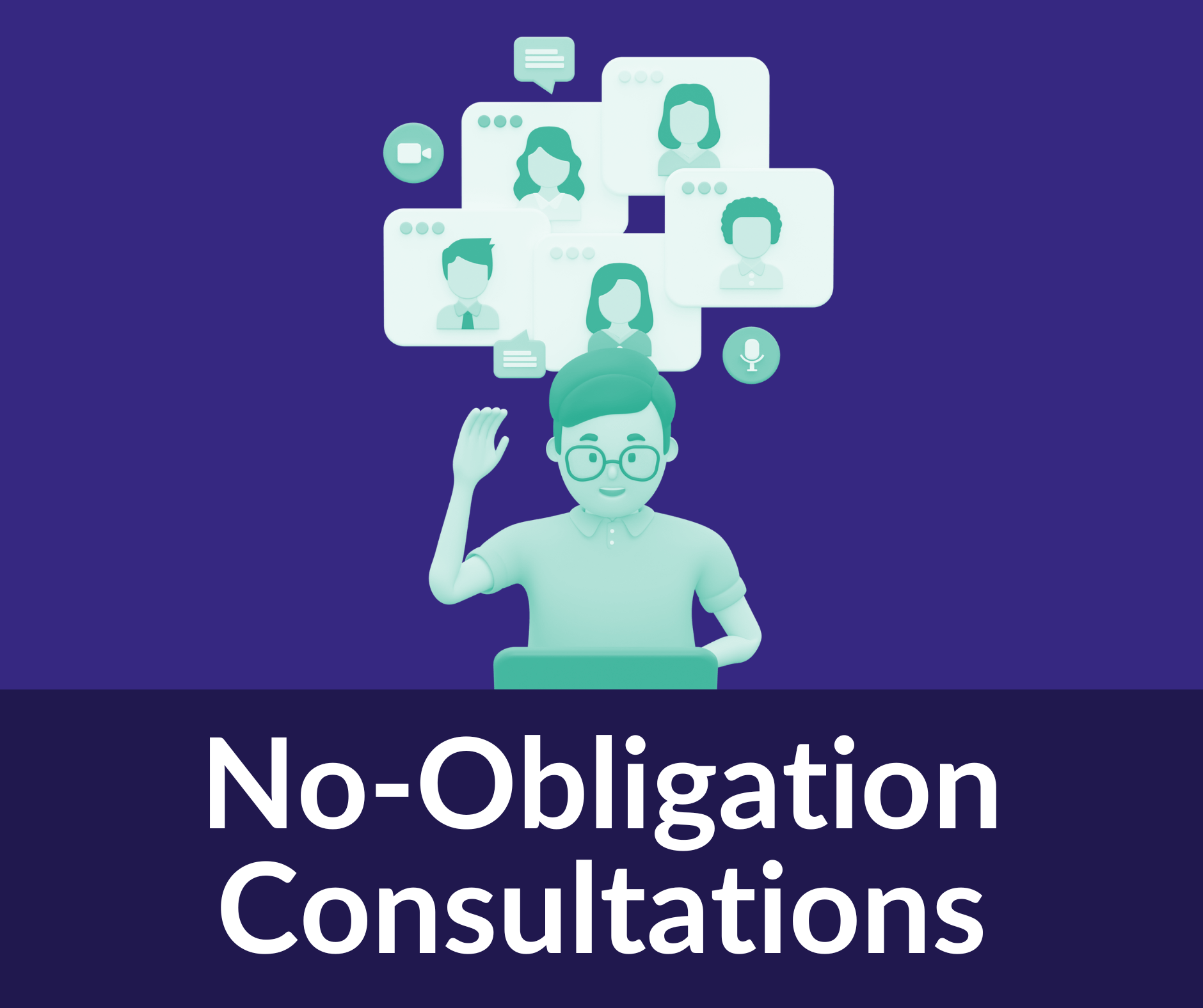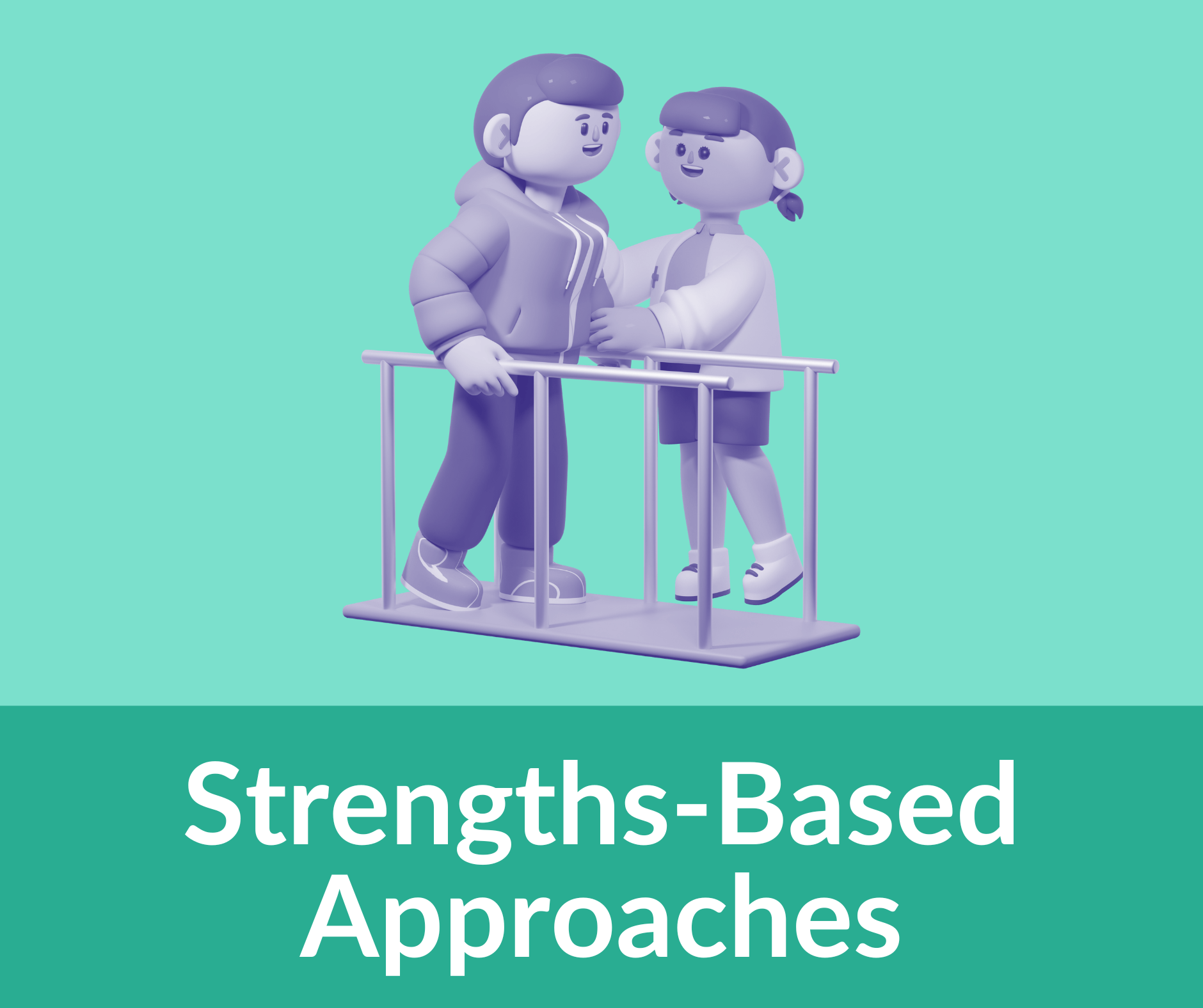Since 2022, learning disability and autism training has been a requirement for health and social care staff. The Health and Care Act (2022) states training must be appropriate and follow national guidelines and frameworks. Through training, staff can provide care that respects and meets the needs of autistic people and people with learning disabilities.
The government endorses the Oliver McGowan Mandatory Training on Learning Disability and Autism. Some of our accredited training centres already provide Oliver’s Training. We support this excellent training programme, especially in its commitment to co-development and co-delivery by autistic people and people with learning disabilities.
However, many organisations have trouble ensuring staff receive the right training, as mandated in the Health and Care Act. Those approved to deliver Oliver’s Training are busy or at capacity. Plus, the co-delivery framework requires three trainers per course, incurring additional financial costs and logistical problems.
While Oliver’s Training is the government’s preferred training programme, this is not mandatory. Only the completion of autism and learning disability training, which follows national guidelines, is mandatory.
Advantage Accreditation offers ready-to-use training materials in a broad range of topics. Materials include presentations, assessments, trainer notes, group exercises, and lesson plans. This includes training on autism and learning disabilities.
Courses available:
- Level 2 Award in Autism Spectrum
- Level 2 Award in Learning Disability and Autism
- Level 2 Award in Learning Disability Awareness
- Level 3 Award in Working with People with Autism
We map all our courses to the latest standards and best practices, including:
- Health and Care Act 2022
- Care Quality Commission (CQC) Fundamental Standards
- The Care Certificate
- Skills for Care Code of Conduct
Our accredited training centres can use our materials to ensure their staff meet the Health and Care Act’s requirements. Advantage Accreditation can also accredit original courses. This means you can develop materials to teach about autism, learning disabilities, and other neurodivergencies. As long as this training follows national guidance and frameworks, it can contribute to your staff’s training requirements.
In-House vs. Standardised Training
Benefits of In-House Training
- Tailored to your organisation’s policies, procedures, and the unique needs of your service users.
- Focus on real-world scenarios, challenges, and strategies relevant to your team.
- Trainers understand the company culture, structure, and context, improving engagement and relevance.
- It can be adapted for different roles, from frontline staff to senior management.
- Training directly addresses day-to-day situations staff encounter, promoting actionable learning.
- Advantage Accreditation ensures the training meets professional standards, providing credibility without sacrificing flexibility.
- After the initial development, training can be delivered repeatedly with reduced external costs.
Benefits of Standardised Training
- Ensures all staff receive the same baseline content across organisations.
- Using a nationally endorsed framework may be viewed positively by families, carers, and external partners.
While there are some additional benefits of standardised training (such as reduced development time and no need to review and update content), these are also benefits of external accreditation. This means Advantage Accreditation balances the benefits of both in-house and standardised training: We provide flexibility and credibility.
How to Become an Accredited Centre
Get in touch with us to start the process. You can book a consultation or join our upcoming open consultation (live Q&A).




